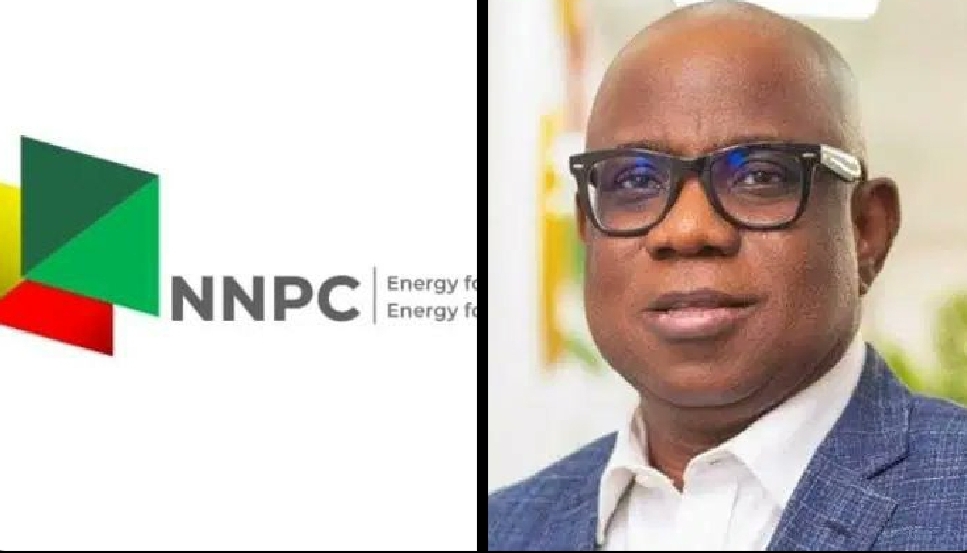
Senate Grills NNPCL Over Missing ₦210 Trillion as Nigeria’s Oil Transparency Crisis Deepens

The Nigerian Senate has thrown down the gauntlet to the Nigerian National Petroleum Company Limited (NNPCL), demanding answers over a staggering ₦210 trillion in unaccounted oil revenues between 2017 and 2023—an amount that nearly eclipses Nigeria’s entire 2024 GDP, which stands at $140 billion USD.
The Senate’s probe, brought to the fore during a session reported by the National Accord Newspaper on July 23, 2025, follows NNPCL’s continued failure to provide verifiable breakdowns of revenue, subsidy payments, and operational costs spanning nearly seven years. Central to the storm is Bayo Ojulari, a top-ranking NNPCL official, whose repeated failure to appear before the National Assembly has stoked outrage and raised alarming questions about institutional accountability.
The gravity of the ₦210 trillion figure—roughly $130 billion USD at current exchange rates—cannot be overstated. It surpasses the total earnings of several African economies combined and casts a harsh spotlight on what critics describe as chronic financial opacity in Nigeria’s most vital sector. The oil and gas industry contributes over 90% of the country's export earnings, yet remains plagued by allegations of fraud, mismanagement, and elite capture.
This is not the first time such discrepancies have come to light. A 2022 audit by PwC flagged similar irregularities in NNPC’s accounting books, prompting calls for sweeping reforms. The hope at the time was that the 2021 Petroleum Industry Act (PIA)—which transformed the NNPC into a limited liability company—would usher in a new era of transparency. Instead, critics now argue that the rebranding may have merely created a more opaque entity, shielded by corporate legal protections but still controlled by political interests.
The Senate’s insistence on full disclosure is seen by many as a litmus test for Nigeria’s commitment to economic reform and anti-corruption promises. But skepticism abounds. The scale of the missing funds has led some observers to fear that the probe could fizzle out like previous investigations—drowned in bureaucracy, political shielding, or “committee fatigue.”
More ominously, the lack of cooperation from NNPCL may indicate a broader systemic unwillingness to open the books, even in the face of legislative pressure. “What are they hiding?” has become a recurring question among Nigerians online, especially given the country’s current struggles with debt servicing, fuel scarcity, and mass unemployment.
With the eyes of civil society, international investors, and foreign watchdogs now trained on this case, the Senate’s next steps will be crucial. Will the lawmakers issue a warrant for Ojulari’s arrest? Will NNPCL be compelled to publish a full audited account of its financial activities from 2017? Or will this become yet another episode in the long-running soap opera of political theater in Nigeria’s oil-rich corridors?
For now, ₦210 trillion remains the number that haunts the nation—a missing fortune larger than life, and perhaps more telling than any oil barrel ever drilled.


